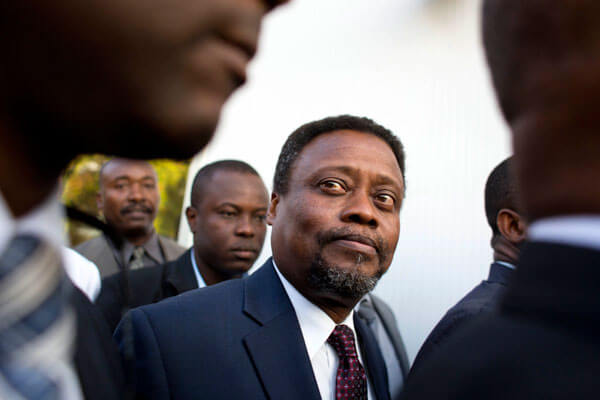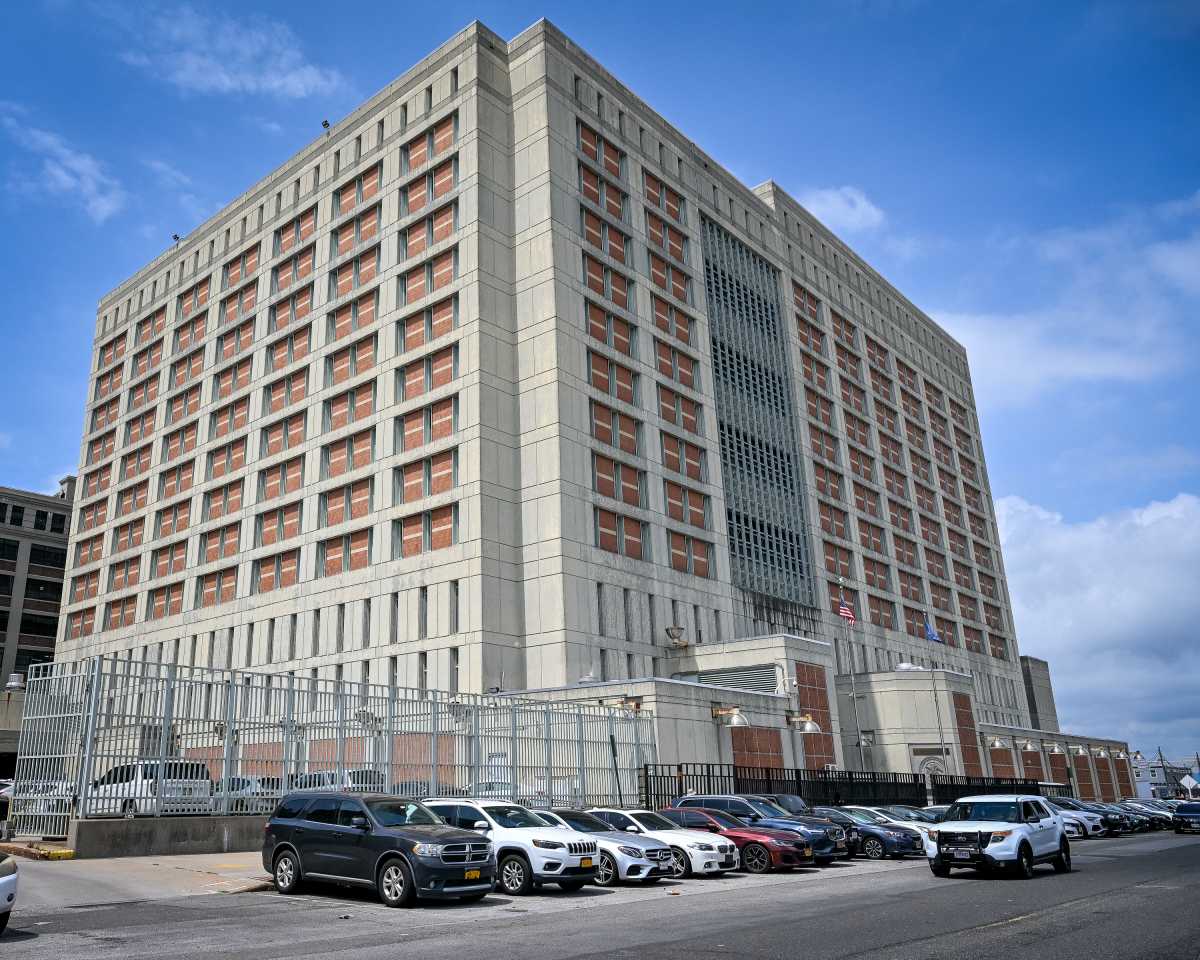PORT-AU-PRINCE, Haiti (AP) _ A majority of lower house lawmakers rejected the interim president’s pick for prime minister Sunday evening, leaving Haiti’s provisional government in limbo.
The rejection of economist Fritz Jean as Haiti’s No. 2 official was a significant setback for a month-old interim government that is supposed to be in power for only 120 days.
Not only does President Jocelerme Privert not have a prime minister running the government’s day-to-day affairs, but he also hasn’t been able to get an electoral council authorized to organize a twice-postponed presidential runoff vote now tentatively scheduled for April 24.
Jean was nominated and then sworn in at a ceremony at the National Palace in the hopes his experience and reputation as an economist and former governor of Haiti’s central bank would overcome objections from opposition lawmakers. In his inaugural speech as the designated premier last month, the U.S.-educated official said the interim government had a “short mission to get everyone together.”
But various political figures, including outgoing Prime Minister Evans Paul, strongly denounced Jean’s appointment and induction.
On Sunday, after weeks of reviewing Jean’s credentials and background, 38 lawmakers in the Chamber of Deputies voted against Privert’s choice for prime minister, while 36 voted in favor. One deputy abstained.
After the vote, Deputy Jean Rene Lochard said Jean was rejected by opposition lawmakers aligned with former President Michel Martelly’s political faction because he “wasn’t properly chosen by consensus.”
Neither Privert nor Jean could be contacted for comment Sunday night.
A new nominee would have to go through a similar process and win approval from both houses of Parliament. The process could take weeks, if not months.
Last week, Sandra Honore, the top U.N. envoy for Haiti, told the international body’s Security Council that Haiti was at a “critical juncture” in consolidating its democracy and the next few weeks would be decisive.
She expressed concern at the uncertain political situation that puts at risk the roadmap set in a Feb. 5 political agreement that includes a postponed runoff election April 24, with a newly elected president to be installed May 14. She singled out delays in confirming a prime minister and in re-establishing an electoral council to oversee elections, coupled with uncertainty over verifying the 2015 electoral process.
The ambassadors of Brazil, Canada, France, Spain, United States and European Union and the representative of the Organization of American States also noted “with grave concern” the delays in implementing the February pact reached by Martelly and legislators.
Martelly departed office on schedule Feb. 7 with no elected successor to take his place. Violent opposition protests and deep suspicions of electoral fraud favoring his chosen successor, Jovenel Moise, derailed a scheduled runoff vote in January. It was postponed for the first time in December.
























